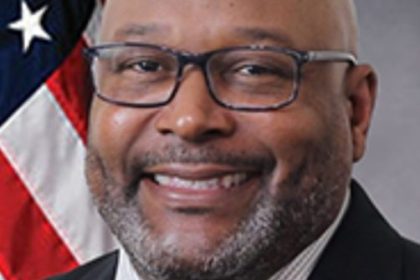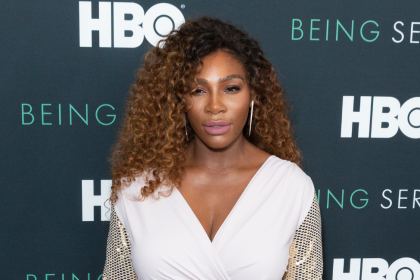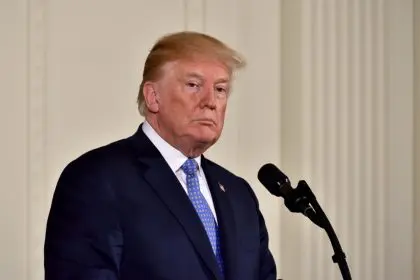The University of Michigan finds itself in hot water as students take legal action against what they claim is a targeted campaign to silence pro-Palestinian voices on campus. The federal lawsuit, which has sent shockwaves through academic circles, paints a troubling picture of alleged discrimination and constitutional rights violations.
A pattern of selective discipline emerges
Behind closed doors
Inside the halls of one of America’s most prestigious universities, students claim a disturbing pattern has taken shape. The lawsuit alleges that university officials have wielded disciplinary procedures like a weapon, using them to target specific student activists while leaving others untouched. From campus job terminations to trespass notices that kept students from attending classes, the alleged actions read like a playbook for suppressing dissent.
What makes this case particularly interesting is the historical context. For half a century, the University of Michigan has dealt with all kinds of political activism. Yet according to the lawsuit, pro-Palestinian protesters face unprecedented scrutiny and consequences that other activist groups haven’t experienced.
When protest meets police response
The November showdown
Things came to a head in November 2023 when what started as a peaceful sit-in at the president’s office escalated into a massive police response. Picture this: more than ten different law enforcement agencies descended on campus, resulting in 42 student arrests. The heavy-handed response allegedly left several students injured, including one particularly troubling incident where a student’s hijab was reportedly torn off during an encounter with police.
Justice delayed and denied
The aftermath
Months after the protests, students began receiving mysterious notifications about code of conduct violations. But here’s where things get really interesting: the university’s handling of these cases allegedly broke its own rules. The lawsuit claims the institution tried to play both prosecutor and judge, creating a conflict of interest that undermined the entire disciplinary process.
In a twist that would make kafka proud, even when a student panel found no evidence of wrongdoing, university officials allegedly moved the goalposts. The vice president of student life reportedly flipped the script by changing the burden of proof after the fact, putting accused students in an impossible position.
A deeper look at targeting claims
Connect the dots
Perhaps most concerning are allegations that the university hired someone specifically to go after students involved in pro-Palestinian protests. The lawsuit suggests this wasn’t random enforcement of campus rules but rather a coordinated effort to silence specific voices. When you consider that complaints have allegedly only been pursued against those advocating for Palestinian rights, a troubling pattern emerges.
What’s at stake
This isn’t just about campus politics – it’s about fundamental rights in educational spaces. The lawsuit raises serious questions about how universities balance security concerns with free speech rights, and whether certain viewpoints face discrimination under the guise of policy enforcement.
As this legal battle unfolds, it forces us to confront uncomfortable questions about power, protest, and persecution in academic settings. The University of Michigan’s response to these allegations could set important precedents for how institutions handle political activism on campus.
For now, the university remains silent on these explosive allegations, leaving students, faculty, and observers wondering: in the struggle between institutional control and student activism, where should the line be drawn? As this story develops, it may force other universities to examine their own practices and biases when it comes to handling political dissent on campus.
The stakes couldn’t be higher – not just for Michigan’s students, but for the future of campus activism across America. This case could become a defining moment in the ongoing debate about free speech and equal protection in higher education.















